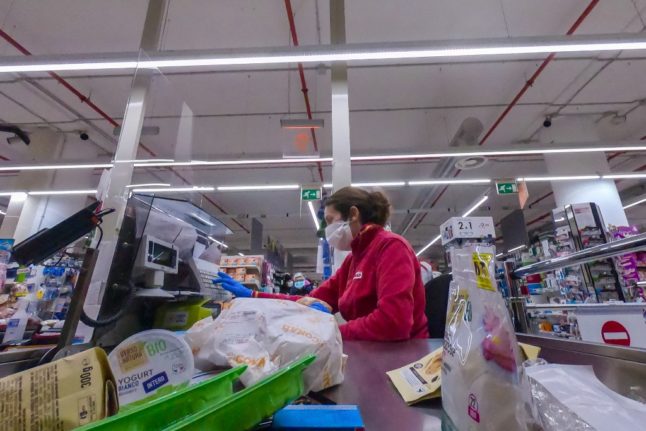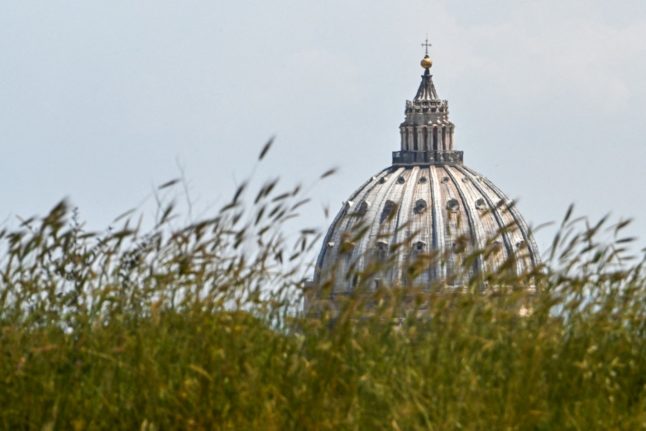On major holidays such as Easter and Christmas, much of Italy usually grinds to halt and most shops close. But with supermarket workers reportedly also planning a strike, many people are concerned about whether they’ll be able to get essential supplies over the upcoming Easter holidays.
READ ALSO: Italy braces for Easter cancellations as food and travel costs soar
Depending on which part of Italy you live in, strikes look set to mean some supermarkets will be closed for longer than they otherwise would be over the Easter weekend.
Here’s a look at the areas and businesses affected.
Where and when will supermarket workers be on strike?
Trade unions in certain regions of Italy have threatened to stop work at supermarkets in protest at what they say are “incredibly demanding conditions”.
In the Piedmont region, local representatives of Italy’s CGIL (Italian General Confederation of Labour), CISL (Italian Confederation of Trade Unions) and UIL (Italian Labour Union) released a joint statement in April where they warned of potential regional strikes on Easter Sunday and Easter Monday.
Strike action, the unions said, would “guarantee the mental and physical recovery of commerce and food chain distribution workers, who have been working in incredibly demanding conditions for over four weeks”.
In some regions, trade unions have moved from words to deeds. On Wednesday, Sicily’s trade unions officially declared a region-wide strike on April 17th and 18th.
In Calabria, trade unions are also reported to be planning a full-scale regional strike for Easter Sunday and Monday, as well as April 25th and May 1st.
Other regional trade unions, such as those in Lazio, have also reportedly threatened to strike along with their Sicilian and Calabrian counterparts.
At this point in time, there’s no way to know exactly which supermarkets will be affected by planned strike action in these areas or whether this is certain to lead to extended closures.
What’s certain, however, is that the organised strikes are far more likely to affect major supermarket chains rather than small businesses – that’s because the trade unions involved have far more members within the former.
If you’ll be in one of the affected regions, you might want to check the opening hours and online bulletin boards of your local supermarkets in advance, and you may also want to check whether small businesses in the area will be open over the holiday weekend.
Wherever you are in Italy, remember that many shops are likely to be closed over the holiday anyway.
While in most European countries – and certainly in countries like the UK – it might be common for both supermarkets and small shops to be open until 10 or 11pm on Sundays, many Italian shops are usually closed on Sunday and on public holidays, including on Easter Monday.
Some supermarkets may open in the mornings on these days, but many will shut their doors before noon or in the early afternoon at the very latest.



 Please whitelist us to continue reading.
Please whitelist us to continue reading.
Member comments